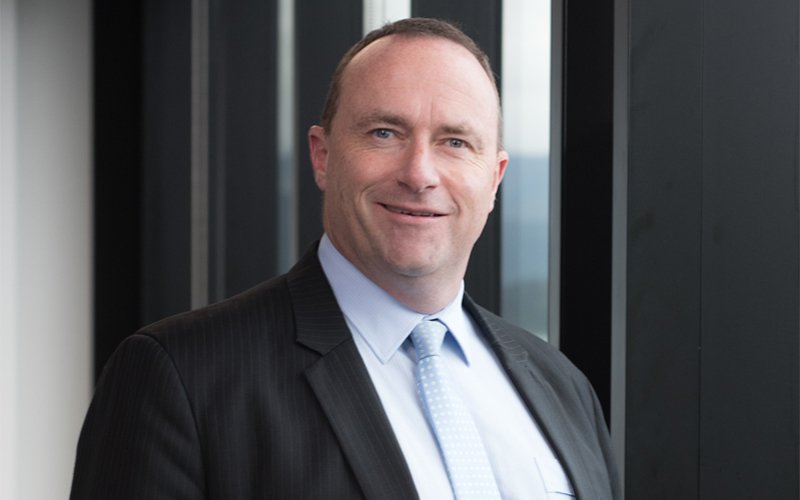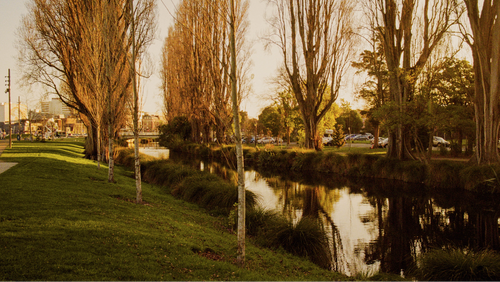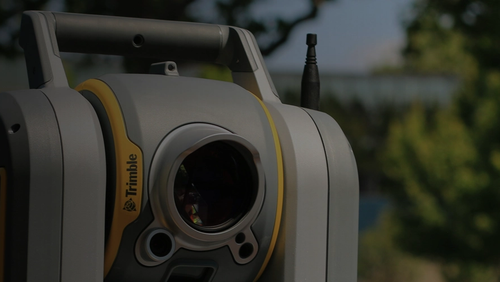12 Sep 2025
The Prime Minister’s new Chief Science Advisor Dr John Roche always planned to be a farmer, but went to university first to play Gaelic football (and, he adds, to get a degree). Never thinking he’d be a scientist, he’d even bought a farm. But he was offered an opportunity to complete a Master’s degree, then progressed to a PhD and never looked back.
In 1995, John left Ireland for Australia, then five years later he and his wife moved to New Zealand, which he describes as “our dream come true”. Of his career as a scientist, John says: “I would recommend it to anyone. You get paid to be a child – constantly asking questions. I’ve put in a lot of hours, but I can genuinely say, I’ve enjoyed every hour. I’ve made lifelong friends and have worked with legends in my lifetime. Science, like engineering, is cool!”
How do you work with engineers in your role?
I’m new to the role of Prime Minister’s Chief Science Advisor, but it will be important to work with experts in science, technology, engineering and mathematics (STEM) disciplines to ensure we can deliver the science and innovation system for the future of New Zealand. The importance of engineering is recognised in the make-up of the Prime Minister’s Science, Technology and Innovation Advisory Council, with CEO and Founder of Halter, Craig Piggott (a mechanical engineer), and biomedical engineer Professor Merryn Tawhai bringing key innovation and technology skills to our little team.
How does your work impact on engineers?
A key part of my role will be helping to deliver a new structure for the public science and innovation system. Also, prioritising areas for investment to boost New Zealand’s economy and ensure we have the services that make this country the best place in the world to live. Our engineers are a critical part of the science and innovation pipeline, so the outcomes of the reforms will be directly relevant to those that work in this space.

How do engineering decisions impact on your work?
We need New Zealand to grow its economy sustainably. This requires innovation, and science and engineering qualifications are at the core of innovation. Furthermore, our future infrastructure needs, whether physical or digital, will require world-class engineering graduates to continue to find better ways to grow our economy sustainably. Challenges with climate change and extreme weather events make this even more pressing in our physical environment, and some of the solutions to greenhouse gas emissions will be engineering-led.
What are three observations you’d make after working with engineers?
I’ve only just started in this role, so check back in with me in a few years for a good answer. However, if they’re anything like the engineers I went to uni with, I expect a great time with plenty of laughs while we get on making positive things happen.
What do engineers all seem to do well?
Confuse us poor scientists with angles, theorems and complicated mathematics. Sometimes, I think they are making things up just to make me feel foolish (only kidding!).
What do you wish all engineers understood better about your role?
That I’m just an average Joe trying to leave things better than I found them. I’m here to help. We all want a stronger economy; we all want to enjoy our wonderful unique environment; we’re on the cusp of a digital transformation, with data availability, artificial intelligence and machine learning; and we’re facing down some of the biggest challenges ever. The opportunities and challenges will require all of us working together. I look forward to playing my small part to future-proof a thriving and resilient New Zealand.
This article was first published in the September 2025 issue of EG magazine.







